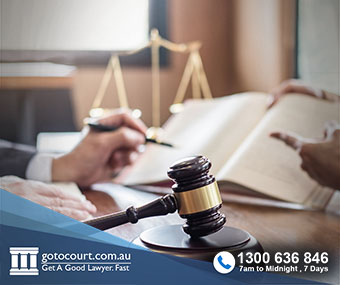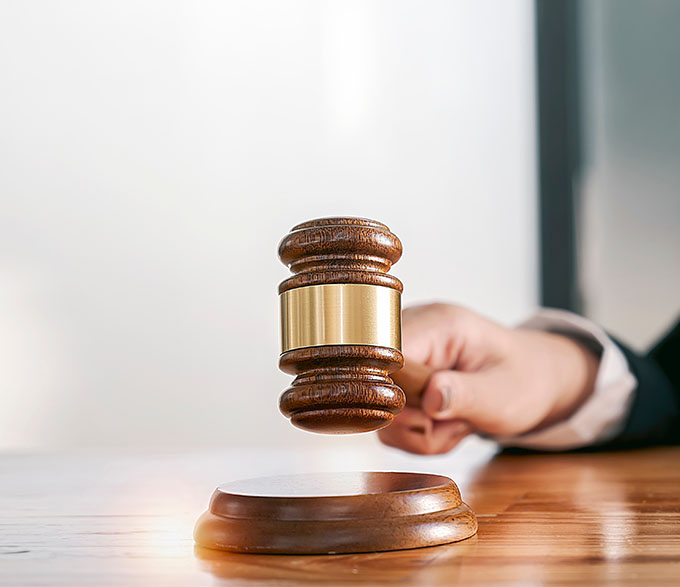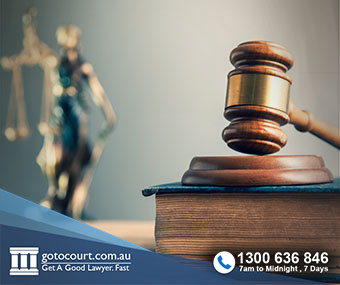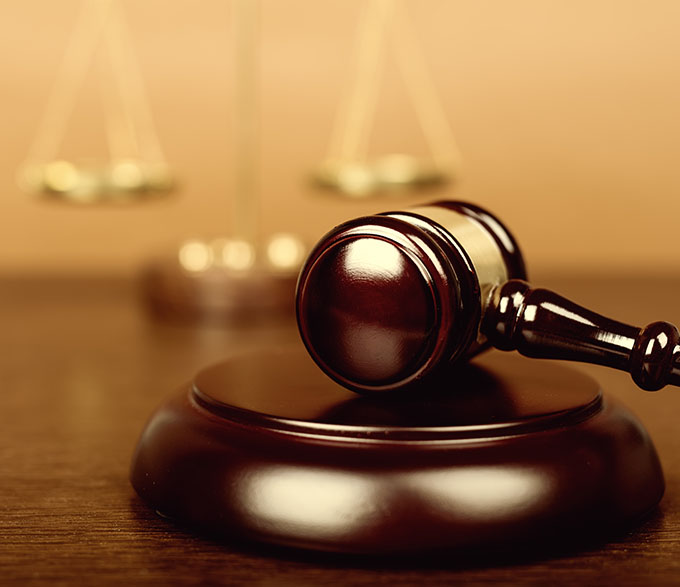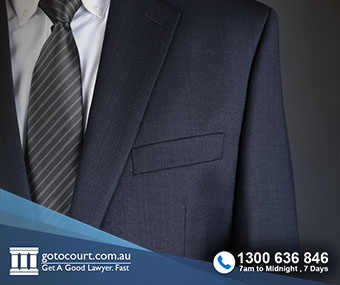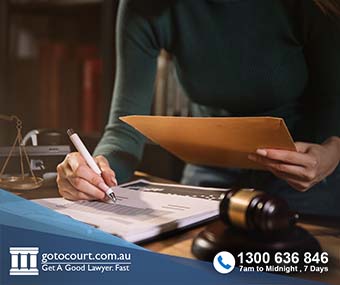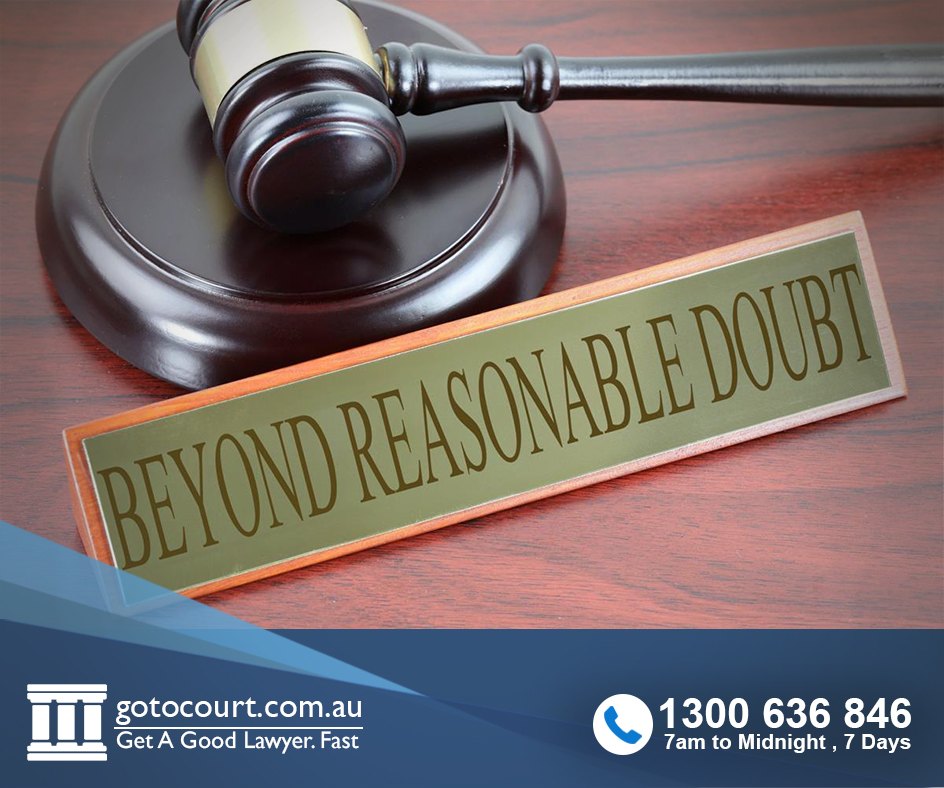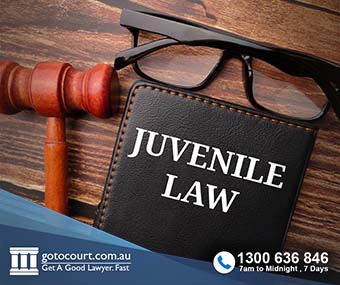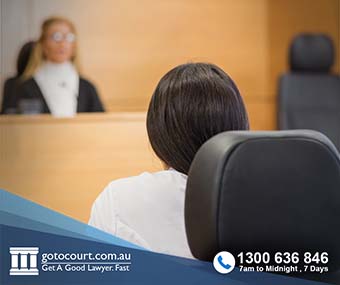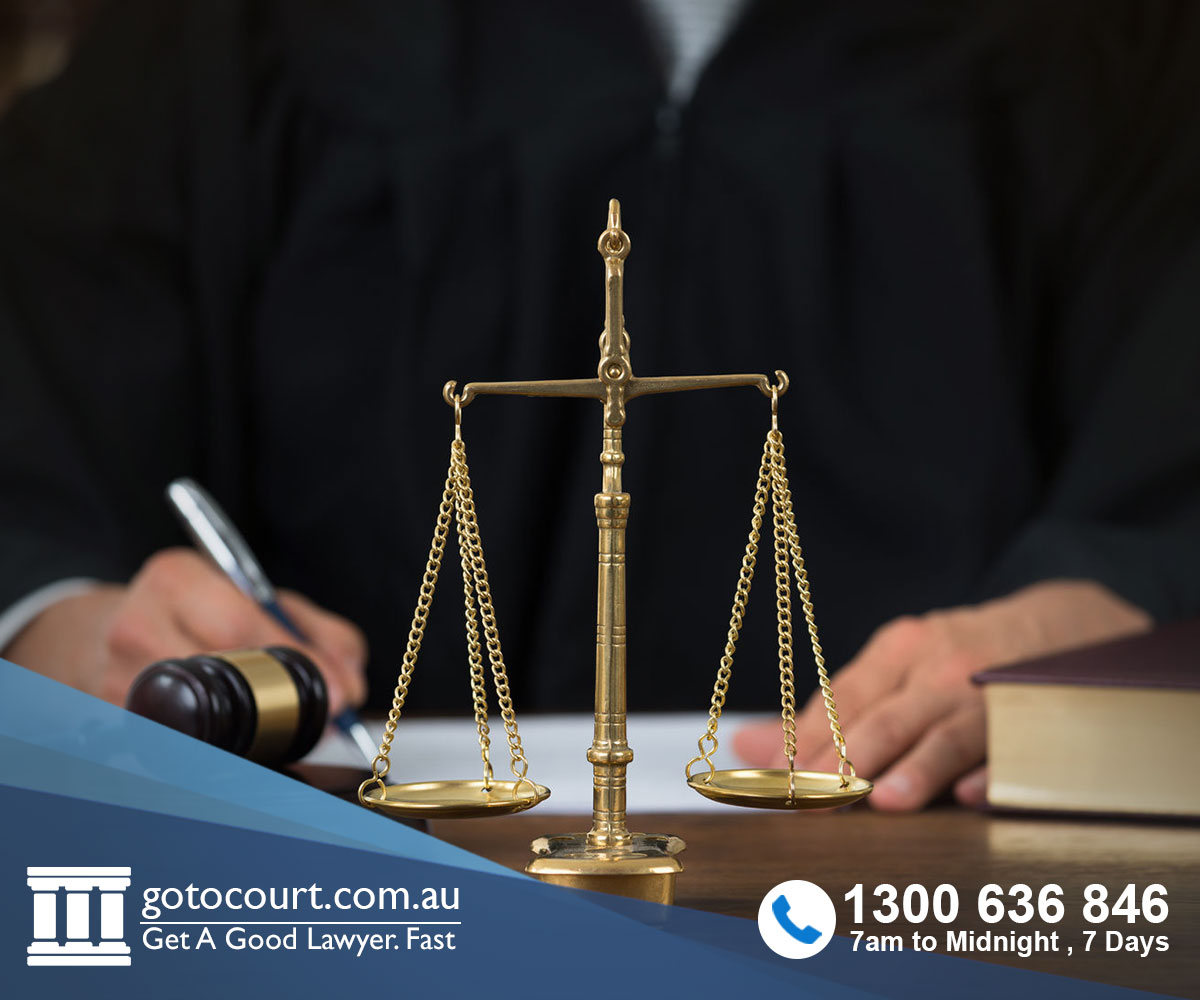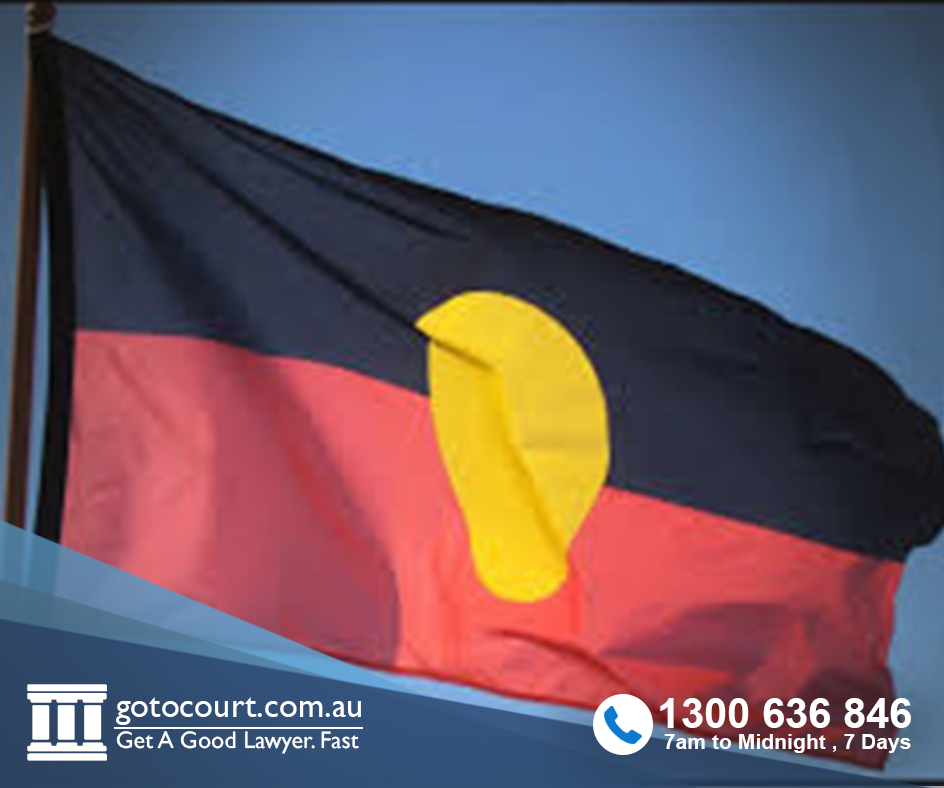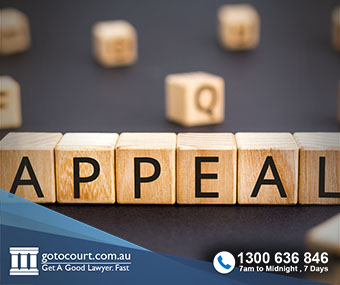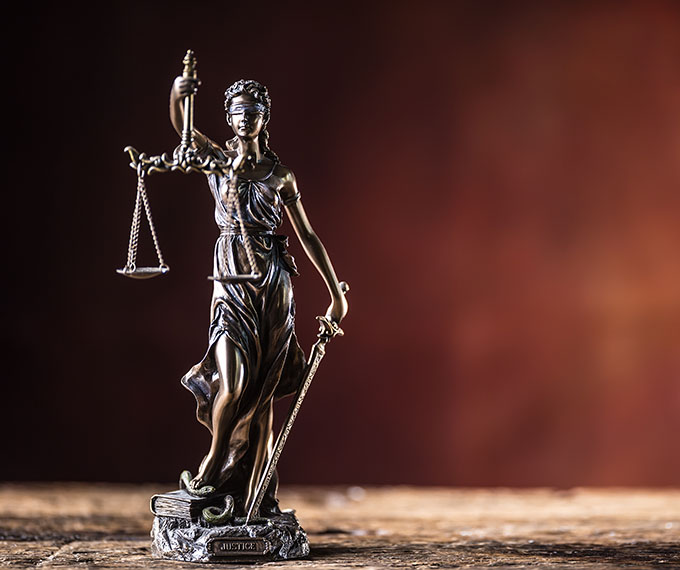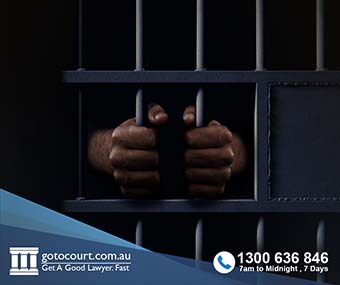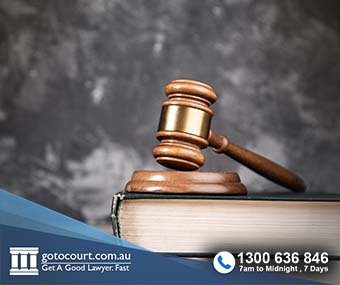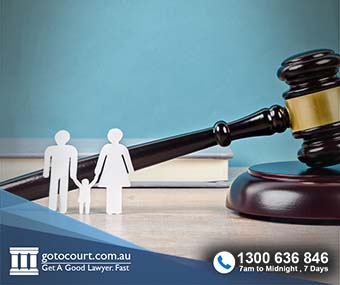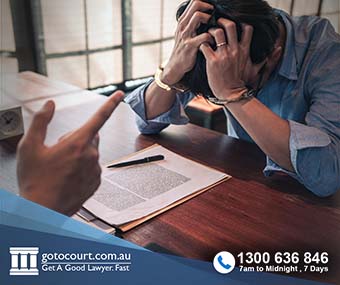Call our lawyers
now
or,
have our lawyers
call you
Giving Evidence in Court
Updated on Apr 24, 2023 • 5 min read • 951 views • Copy Link
Giving Evidence in Court
There are a number of situations where a person may be required to give evidence in court. A person may be asked to give evidence if they saw or heard something relevant to a matter, if they were the alleged victim of an offence, or if they were involved in some other way. An appropriately qualified and experienced professional may also be asked to give evidence as an expert. This page deals with giving evidence in criminal matters.
Summons to attend court
If you have been summoned to give evidence in a criminal matter, you are required to comply with the summons and may be charged with contempt of court if you do not attend. In this situation, a warrant may even be issued for your arrest.
If you are required to give evidence and you have to deal with a medical emergency or some other exceptional circumstance prevents you from attending court, you should contact the court as soon as possible to explain the situation.
Read over your statement
If you are a prosecution witness, you would have made a statement to the police setting out everything you remembered about what happened. If you are a defence witness, you may have made a statement to the accused person’s lawyer.
If you made a statement, you should read back over it to refresh your memory of what happened before you go to court. Try to remember as many specifics as you can such as dates, times, names, and words that were spoken.
You should not discuss your evidence with any other witnesses before you go to court or during breaks in the court proceeding.
Before you give evidence, the prosecutor and defence lawyer may ask to speak with you. If there is anything missing from your statement or anything that you think is incorrect, you should let them know.
Courtroom etiquette
Dress neatly and conservatively for court. Before you enter the courtroom, ensure that your phone is switched off and remove any hats and sunglasses from your head. Bow or nod to the magistrate when you enter the courtroom and again when you leave the courtroom.
Oath or affirmation
When you are called to give your evidence, you will be asked whether you want to take an oath or an affirmation.
If you believe in God, you can choose to take a religious oath and swear on the Bible that the evidence you give will be the truth. You can also choose to swear an oath on another scripture such as the Koran.
If you are not religious, you can choose to take an affirmation instead of an oath. An affirmation is a non-religious promise to tell the truth.
Whether you take an oath or an affirmation you have the same duties to tell the truth in your evidence to the best of your abilities.
Child witnesses
If a child is giving evidence, they can be asked to make a promise to tell the truth in a way that is not a formal oath or affirmation. A child is a competent witness provided they are capable of understanding the difference between the truth and a lie. This can be established by asking the child questions in accordance with what is appropriate for their age and maturity.
Vulnerable witnesses
If you are a vulnerable witness, such as the victim of a sexual assault or a person with an intellectual disability, you may be able to receive extra help when attending court to give evidence. This may include having a support person with you while you are giving evidence or being allowed to give evidence from another room or from behind a screen so that you do not have to look at the accused person (if you are a prosecution witness).
If you feel you need to be treated as a vulnerable witness, speak to the prosecutor (or the defence lawyer, if the defence has called you) and they can make this application for you. The court will decide if you should be treated as a vulnerable witness and how your needs should be accommodated.
Giving evidence in court
When you are giving evidence in court, you will be asked questions by both the prosecution and the defence. You will first be asked to give your examination-in-chief. You will then be subjected to cross-examination. You must answer truthfully and as completely as you can. If you do not understand a question or you cannot remember something, it is ok to say so. You can take as much time as you need to answer. Speak clearly and remain calm while giving evidence in court.
There are strict rules about what questions a witness can be asked in a criminal matter. For example, unless you are an expert witness, you cannot be asked to give your opinion except on a matter that is common knowledge. You cannot be asked to give evidence that is inadmissible hearsay. If either the defence or the prosecution lawyers asks you a question that threatens to break the rules of evidence, the other party may object. This means that your evidence may be interrupted while the lawyers make submissions to the court as to what sorts of questions should or should not be allowed.
Once you have finished giving evidence in court, you will be asked to leave the witness box. You may then leave court or watch the rest of the hearing from the public gallery.
If you need legal assistance in a criminal matter or in any other legal matter, please contact Go To Court Lawyers.

Affordable Lawyers
Our Go To Court Lawyers will assist you in all areas of law. We specialise in providing legal advice urgently – at the time when you need it most. If you need a lawyer right now, today, we can help you – no matter where you are in Australia.How It Works







1. You speak directly to a lawyer
When you call the Go To Court Legal Hotline, you will be connected directly to a lawyer, every time.


2. Get your legal situation assessed
We determine the best way forward in your legal matter, free of charge. If you want to go ahead and book a face-to-face appointment, we will connect you with a specialist in your local area.


3. We arrange everything as needed
If you want to go ahead and book a fact-to-face appointment, we will connect you with a specialist in your local area no matter where you are and even at very short notice.


